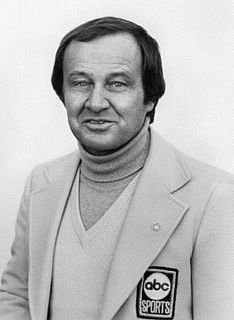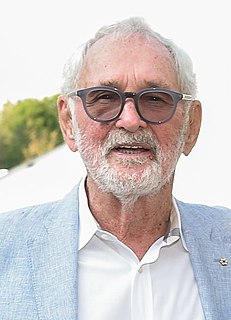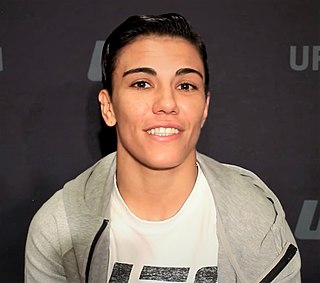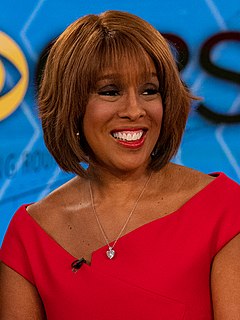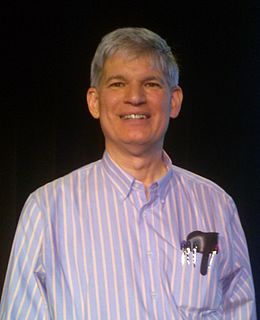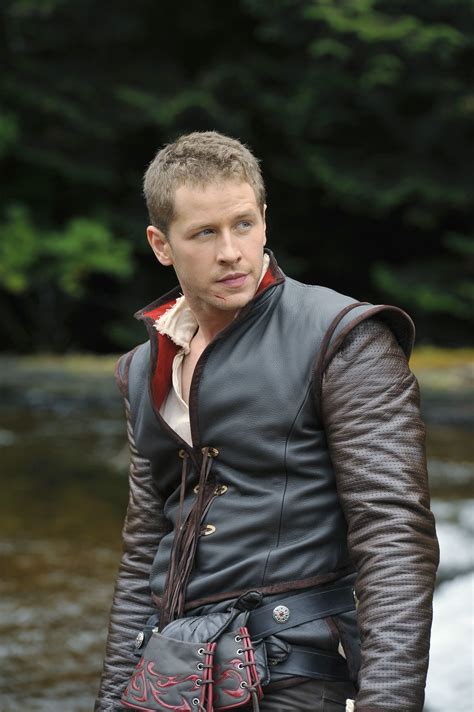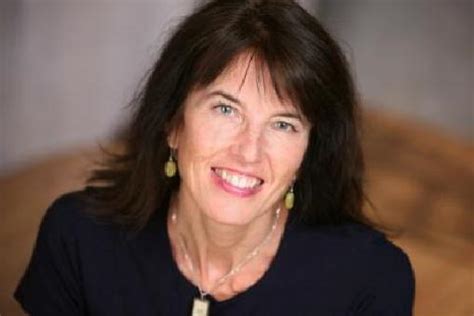A Quote by Michael Rapaport
I would love to document the Roots; I think they have an interesting story. I have a curiosity about them. Their musicality and their live performances I think would be great, and I have a feeling that there are stories behind each one of them.
Related Quotes
Great stories happen all around you every day. At the time they’re happening, you don’t think of them as stories. You probably don’t think about them at all. You experience them. You enjoy them. You learn from them. You’re inspired by them. They only become stories if someone is wise enough to share them. That’s when a story is born.
If one loves stories, then one would naturally love the story of the story. Or the story behind the story, pick your preposition. It does seem to me to be a kind of animal impulse almost, a mammalian curiosity. For a reader to wonder about the autobiography in a fiction may be completely unavoidable and in fact may speak to the success of a particular narrative, though it may also speak to its failure.
I think my original inspiration came from just natural curiosity about science and math and biology. In particular, I would say that, as I matured, it became more a feeling of trying to avoid the waste that occurs in the world where we have 6.5 billion minds. If you're a computer scientist, you can think of them as supercomputers.
I was thinking about framing, and how so much of what we think about our lives and our personal histories revolves around how we frame it. The lens we see it through, or the way we tell our own stories. We mythologize ourselves. So I was thinking about Persephone's story, and how different it would be if you told it only from the perspective of Hades. Same story, but it would probably be unrecognizable. Demeter's would be about loss and devastation. Hades's would be about love.
There's a story about how the program is organized, there's a story about the context in which the program is expected to operate. And one would hope that there will be something about the program, whether it's block comments at the start of each routine or an overview document that comes separately or just choices of variable names that will somehow convey those stories to you.
I think that actually the rhythmic nature of picture books and of young reader story books is a way to help kids fall in love with language and what you can do with it and how it sounds in your range. It sort of has a musicality but on the other hand they get the story and the ideas and the context of it. I think it's a way to get kids into it and I also think that when kids are around people who love books it rubs off on them.
I love when stories have something a little magical in them, and there's wonder and curiosity. Somewhere there are people living these improbable stories, and our job is to go out and find them and bring them to the page. And so, the more surprising, the more uplifting, the more sort of even inspiring a story is, I find myself gripped by those.
So we [with Kate DiCamillo] would act them out, we would toss ideas back and forth, we would laugh, we would argue. Sometimes it went really well, sometimes it was such a pain in the ass. Our other rule was that we wouldn't work on it at all when we weren't in the other's presence. It was really hard not to do that. We'd start going on email back and forth, 'What do you think about this, what do you think about that?' But, no, no, no, it had to be live. So we forced ourselves not to look at it except during those two-hour stretches when we were actually with each other.


